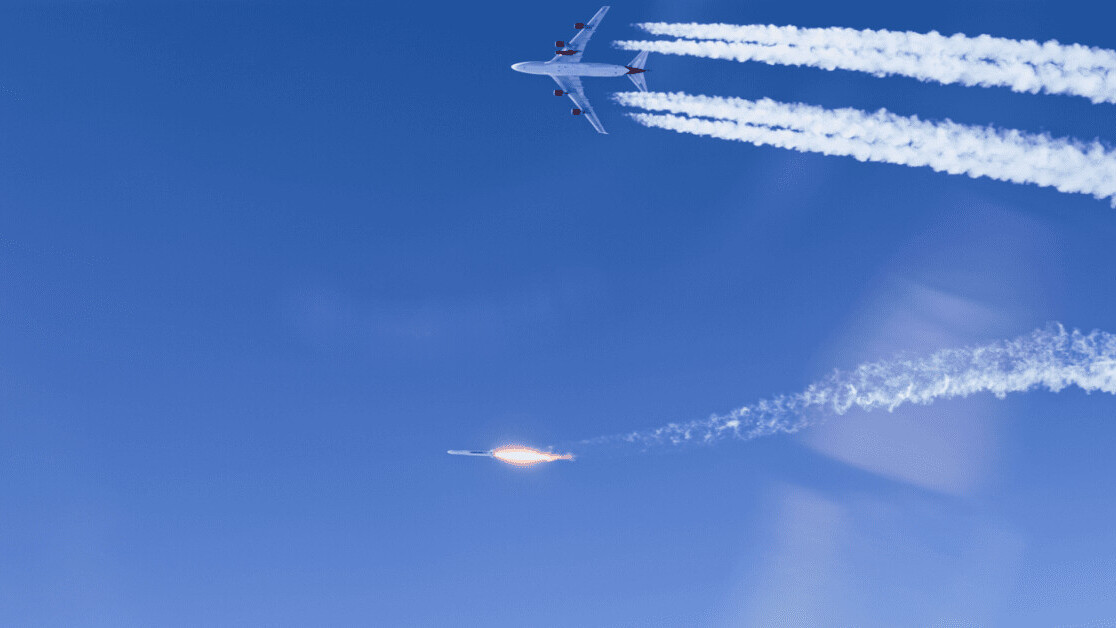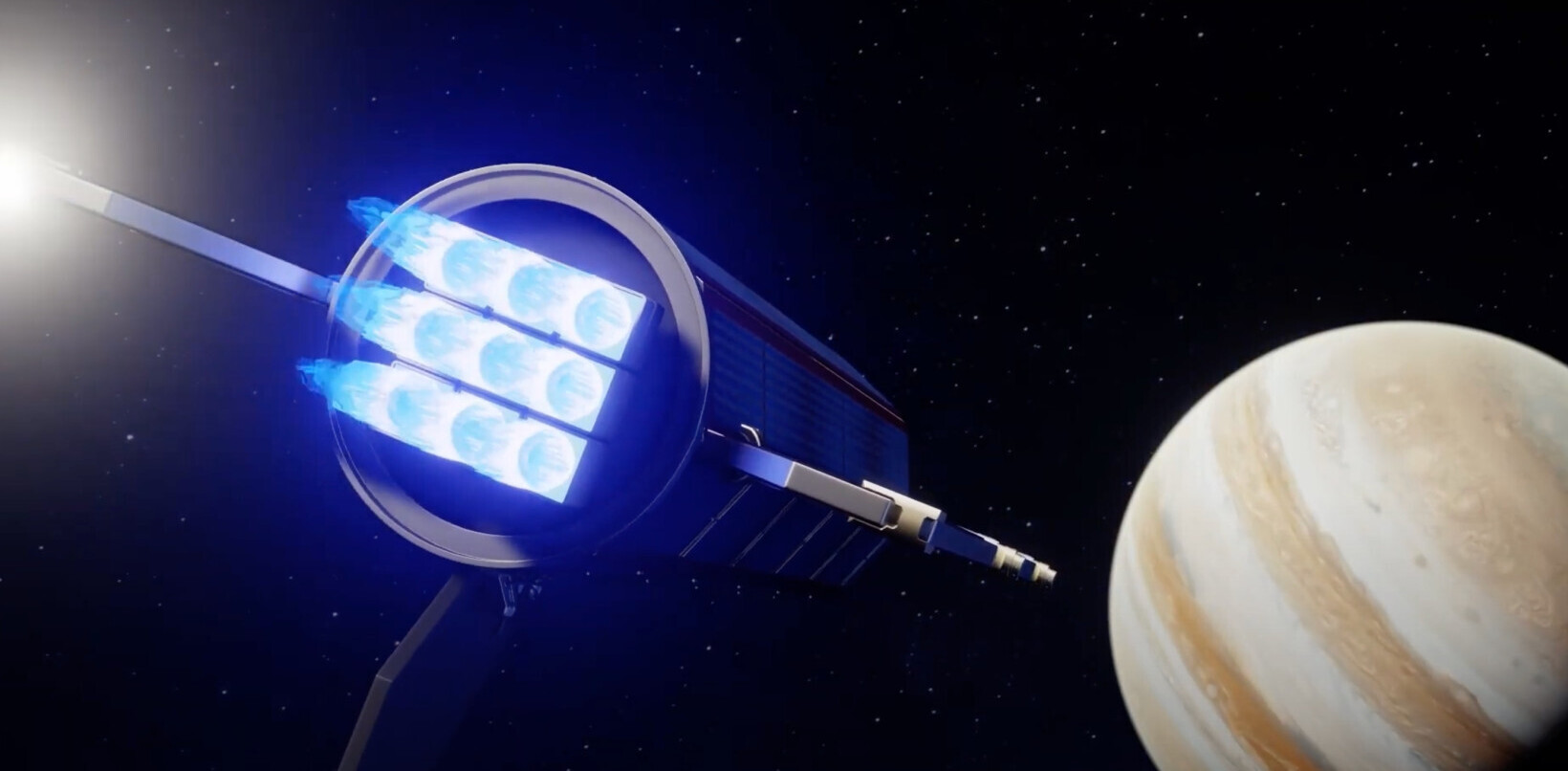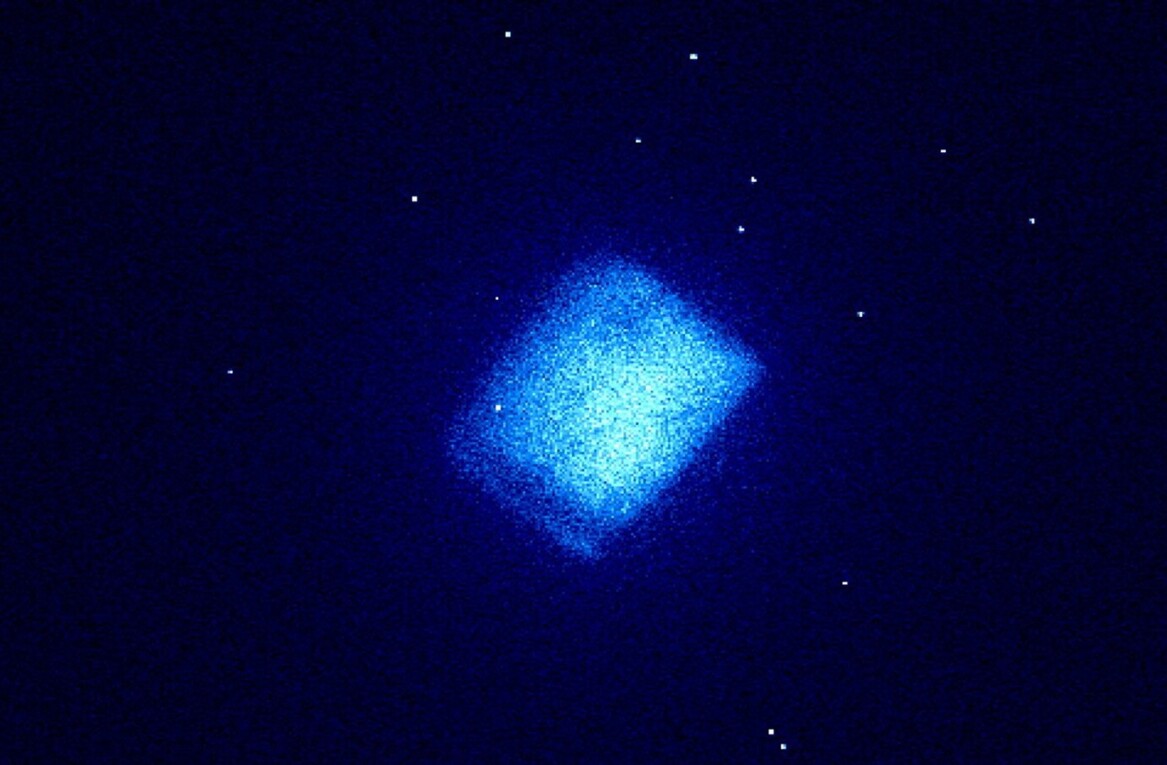
Virgin Orbit has successfully launched satellites into space for the first time.
A 70-foot LauncherOne rocket carrying 10 satellites was dropped from a modified Boeing 747 at 11.39AM Pacific Time on Sunday.
LauncherOne then ignited its engine and began soaring into orbit.
Today's sequence of events for #LaunchDemo2 went exactly to plan, from safe execution of our ground ops all the way through successful full duration burns on both engines. To say we're thrilled would be a massive understatement, but 240 characters couldn't do it justice anyway. pic.twitter.com/ZKpoi7hkGN
— Virgin Orbit (@Virgin_Orbit) January 18, 2021
The Boeing jet — nicknamed Cosmic Girl — flew from the Mojave Air and Space Port in California to a drop point over the Pacific Ocean. Onboard were customer carrier satellites sponsored by NASA, which contracted Virgin Orbit for the launch.
[Read: How Netflix shapes mainstream culture, explained by data]
LauncherOne’s computers then took control of the system before release and ignition.
VirginOrbit founder Richard Branson said the company had “achieved something many thought impossible”:
It was so inspiring to see our specially adapted Virgin Atlantic 747, Cosmic Girl, send the LauncherOne rocket soaring into orbit. This magnificent flight is the culmination of many years of hard work and will also unleash a whole new generation of innovators on the path to orbit. I can’t wait to see the incredible missions Dan and the team will launch to change the world for good.
The launch came eight months after a previous Virgin Orbit test failed when the rocket failed to fully ignite.
The mission was designed to help Virgin Orbit tap into the growing market for commercial space transportation.
The company believes it can offer a more flexible and affordable model to its competitors, as its rocket is launched from the air rather than the ground.
This approach has the potential to send satellites into orbit from any major airport, and reduce the risk of weather-related cancellations.
The company will now further test the system in Cornwall, UK.
Will Whitehorn, the president of UKSpace said he’s aiming for a launch during the G7 meeting, which this year takes place in the English seaside county.
Get the TNW newsletter
Get the most important tech news in your inbox each week.




